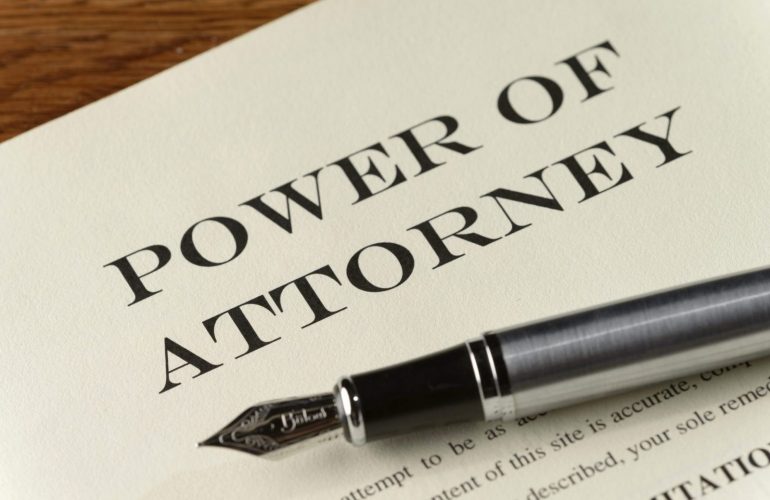Do I need a Power of Attorney?
YES, this is your opportunity to choose someone you trust, while you can. It is cheaper to assign a Power of Attorney while you still have ‘Mental Capacity’ and has been made easier with online applications and help from the Office of Public Guardian.
Choosing someone to manage your decisions, should there be a time when you are not able to, can help give peace of mind. It can save money and make sure that those caring for you take into account your wishes if they are having to make decisions in your best interests.
Please don’t assume, as many do, that if anything happens to you your partner/spouse/children will be able to ‘manage your affairs’ for you, they may not be allowed to if there is no legal provision in place.
What is a Power of Attorney?
A Power of Attorney is your chance to appoint someone you trust to help you make decisions or to make decisions on your behalf if you have an accident or an illness and are no longer able to make your own decisions without help.
What is ‘Mental Capacity’?
I can make manage my own affairs!
While you are able to manage your own affairs it is important to consider that in the future you may not be able to make arrangements or decisions for yourself (at any age) as an accident or illness can affect our ability to make decisions and may lead to someone else having to help or even make some decisions on your behalf in the future.
Powers of Attorney are made while you CAN make your own decisions! They are to enable you to choose someone you trust just in case you need some help.
While you have ‘Mental Capacity’ you will continue to make the decisions. A Power of Attorney is for a time when you are not able to manage decisions and it is your opportunity to decide who you would like to help you or make decisions for you IF you are no longer able to.
Types of Attorney
- Ordinary Power of Attorney – This is for financial affairs and is valid while you have mental capacity. It is suitable if you need cover for a temporary period for example a hospital stay or holiday, or if you find it hard to get out, or you want someone to act for you.
- Enduring Power of Attorney (EPA) – Someone with an EPA can help to make or make decisions about someone’s property and money providing it was made and signed before October 1, 2007. After that date donors had to make a Lasting Power of Attorney.
- Lasting Power of Attorney –Lasting Power of Attorney (LPA) are a way of giving someone the legal authority to make decisions on your behalf if you lack mental capacity at some time in the future or no longer wish to make decisions for yourself. There are two types of LPA: Finance/Property and Health/Welfare.
What happens if I don’t have ‘Mental Capacity’ to choose an Attorney?
If a person has lost the capacity to choose an ‘attorney’ and a legal representative has not been appointed there may be a need to apply to the Court of Protection who will appoint a Deputy.
Do I need a Solicitor?
No, you can register a Lasting Power of Attorney online and the GOV.UK website has the information you will need. You may require a professional person as a certificate provider or need help to decide on the type of power to give or advice on something that is more detailed.
Contact Us if you would like help with making a Power of Attorney or need a Certificate Provider or Witness.
I haven’t got any money to manage!
A Lasting Power of Attorney can also be made for Health and Welfare decisions but if want someone to help claim and manage benefits then a Department of Works and Pensions Appointee can be assigned for BENEFITS ONLY.
What if I am having problems with my Attorney?
- If you think you’re in immediate danger, contact your local police force or call 999 in an emergency.
- Raise your concerns with the Office of the Public Guardian, which has responsibility for monitoring attorneys.
- If you have concerns of financial misuse or any other type of abuse, call the Action on Elder Abuse helpline on 080 8808 814 and/or contact the Local Authority ‘Safeguarding’ team
Access to medical records
An Attorney holding a Lasting Power of Attorney (either Property and Affairs or Health and Welfare) (LPA) or a court-appointed deputy should be able to access relevant medical records of the vulnerable adult. The Office of Public Guardian have issued Guidance on disclosing medical records to attorneys and deputies to enable them to make best interest decisions.




